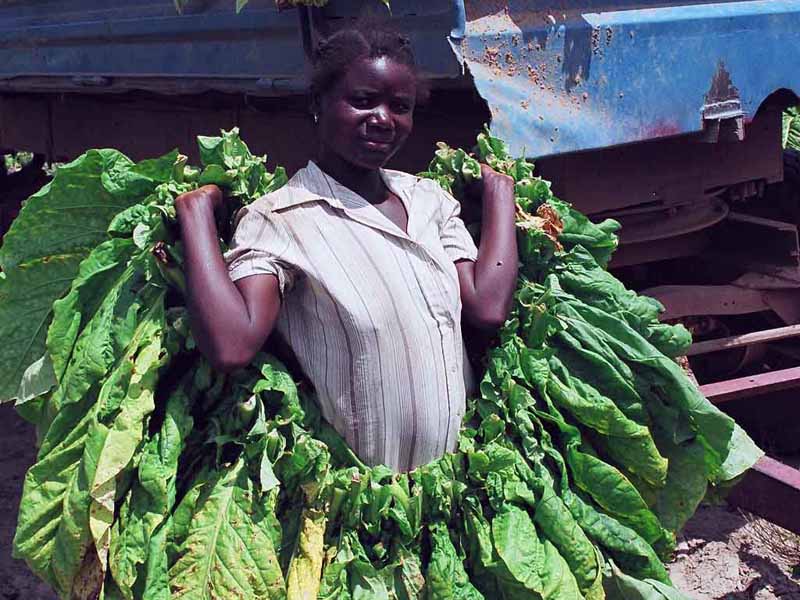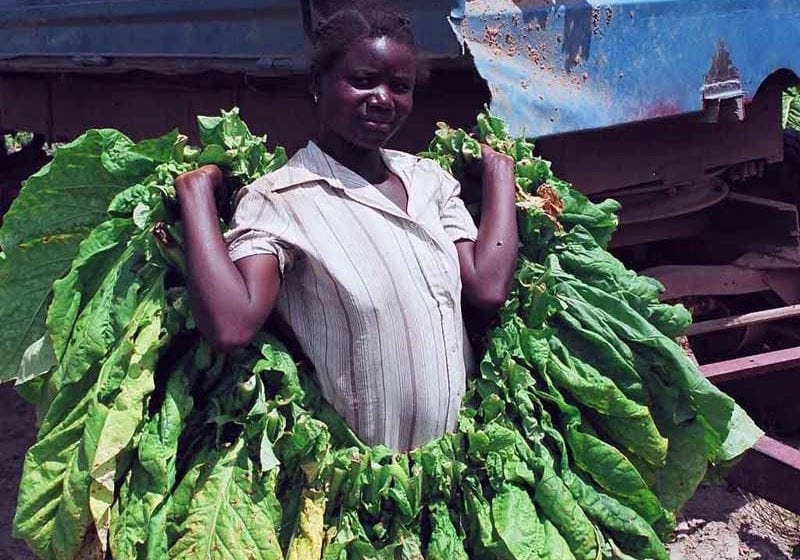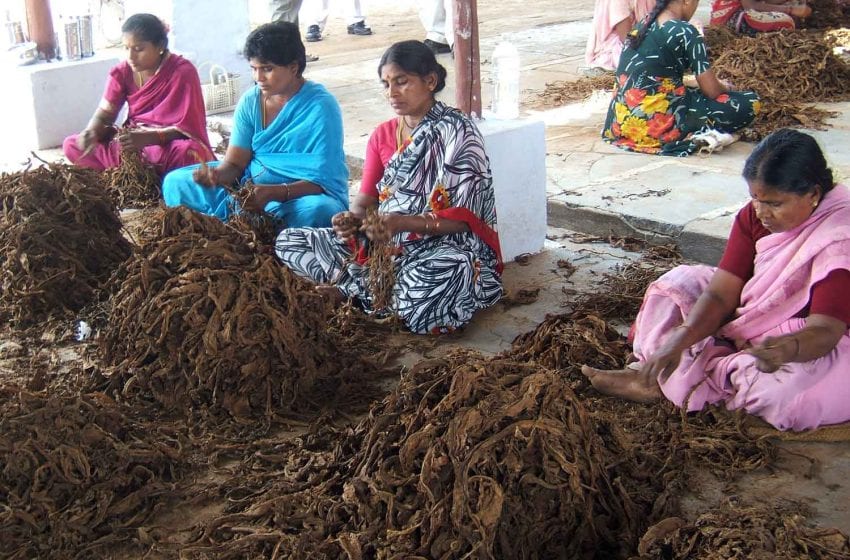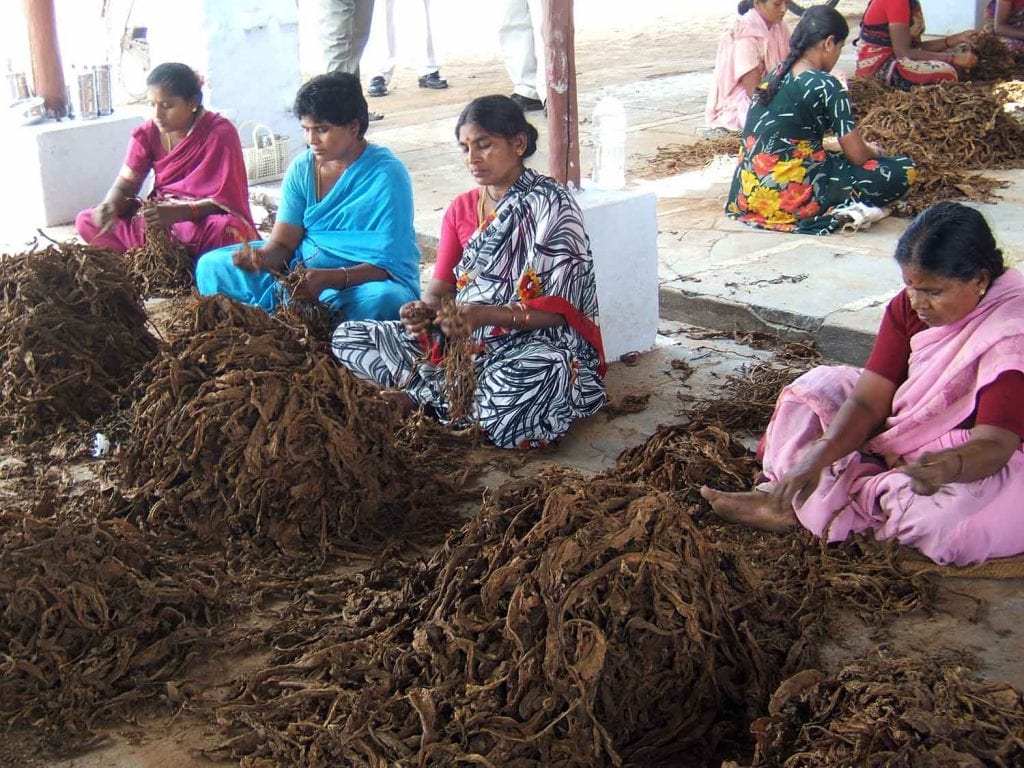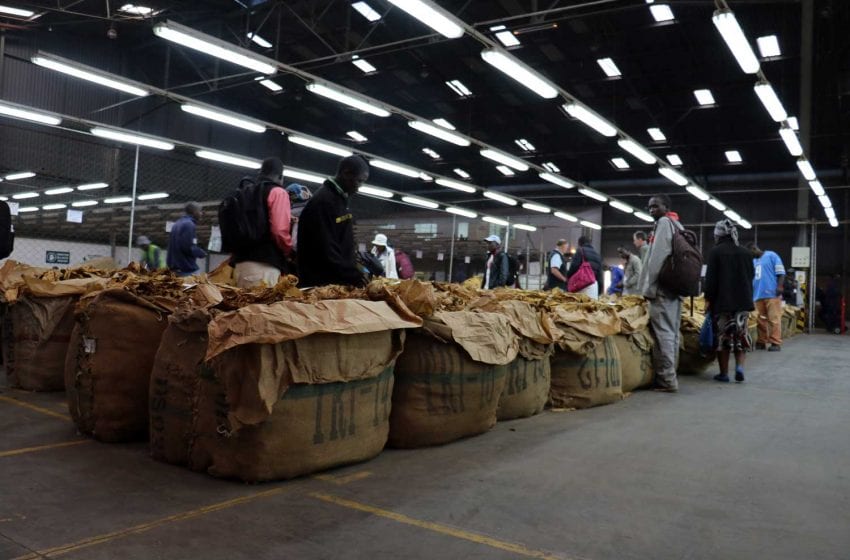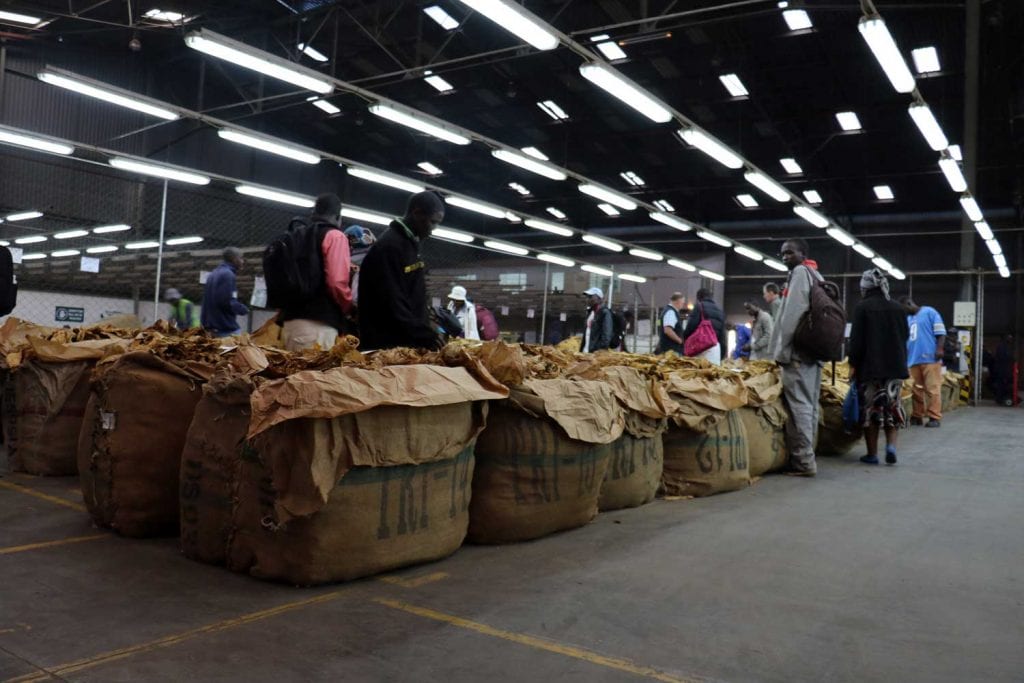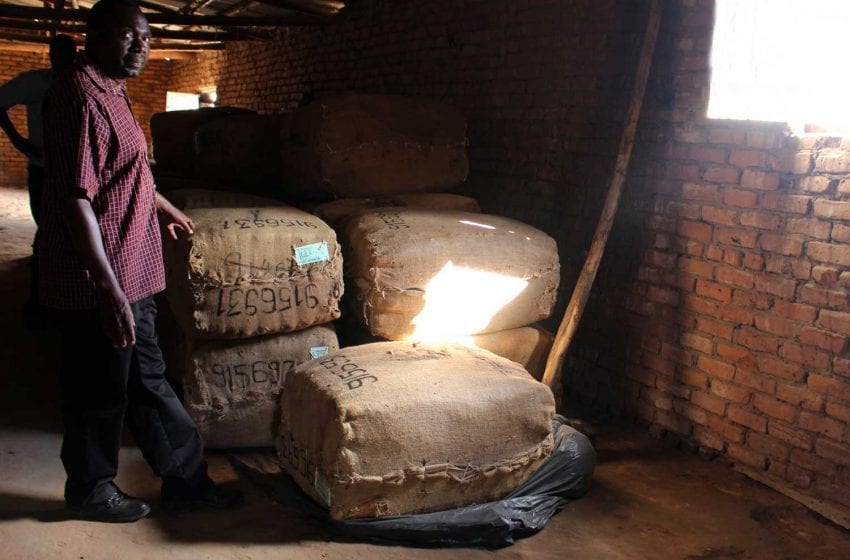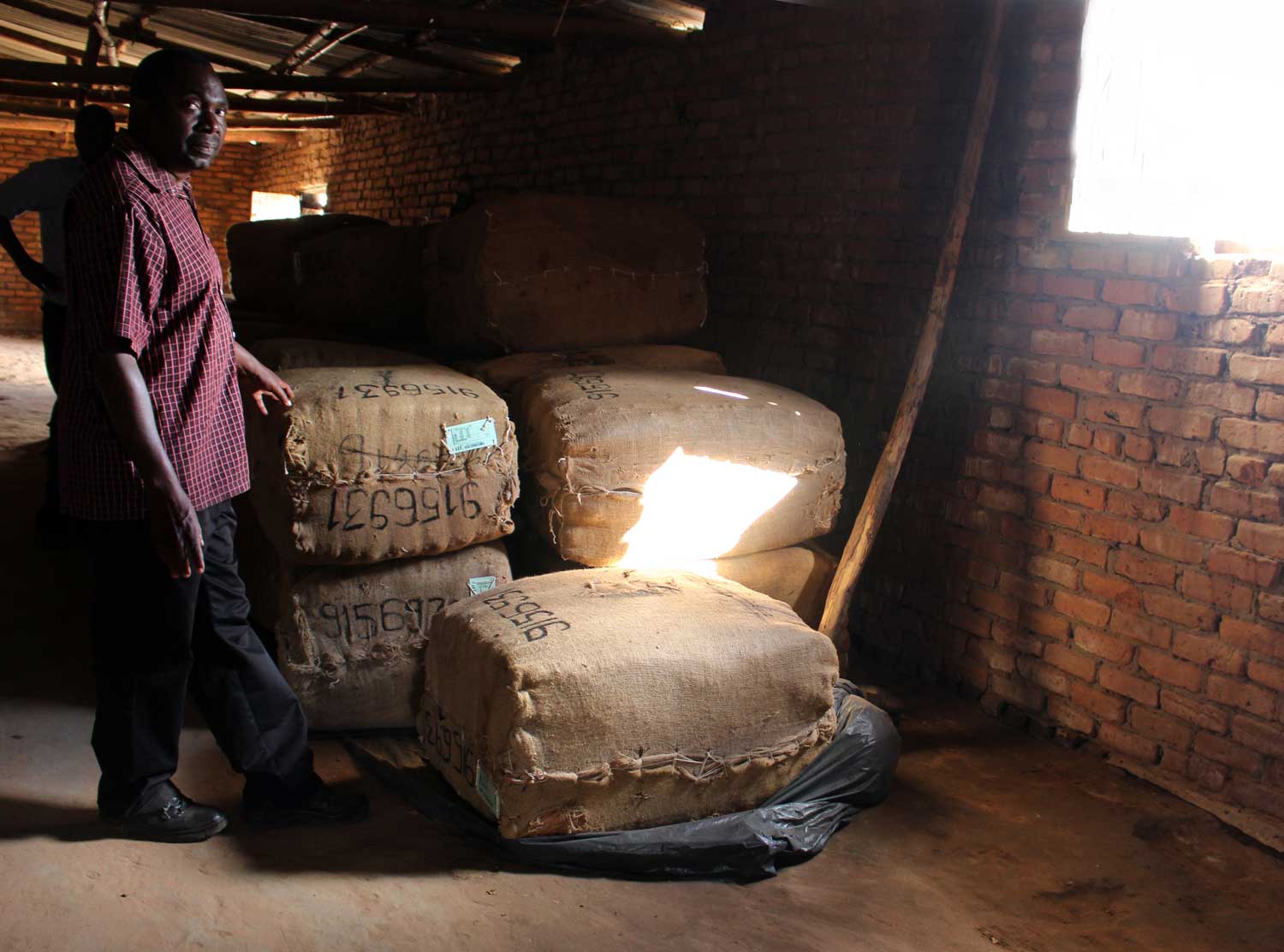In light of the continuing fight against Covid-19, the organizers of World Tobacco (WT) Europe have announced that the event will now take place Oct. 27–28, 2020.
More than 1,000 tobacco professionals from across Europe were due to convene in Sofia at the end of May when the Bulgarian capital was originally due to host the event.
“We are obviously disappointed, but the safety of our attendees and staff must come first. We now have a clear window of opportunity to revisit our plans for the event and will be using this time to ensure we are delivering a powerful platform for the industry to begin its recovery after Covid-19,” states Tony Crinion, managing director of Quartz Business Media, organizer of the highly successful series of WT Events.
“We would like to thank all our exhibitors, sponsors, visitors and speakers for their continued support and patience during this challenging time. Please stay safe and well, and we look forward to bringing the industry together again very soon,” Crinion adds.
All existing bookings, content and visitor registrations remain in place and will be transferred automatically to the new dates.
With leaf cultivation dating back to the late nineteenth century, Sofia has a long and proud association with the tobacco industry, and tobacco remains an important cash crop for the entire region.
Supported by industry associations, major suppliers and manufacturers from across the continent, WT Europe provides a unique opportunity for the European tobacco industry to focus on the latest issues surrounding the sector and to strengthen communication between players in the industry.
Exhibition of international suppliers
Visitors will be able to try new products and see the latest innovations from international suppliers, including Aiger Engineering, KT International, Socotab EOOD, Star Agritech International, Focke & Co. and Miquel Y Costas.
Products on display will include agricultural machinery; processing and packaging equipment; flavoring and aromatic materials; packaging solutions; tipping and plug wrap; adhesives; inspection, testing and laboratory equipment; and tobacco products.
Two-day conference program
Organized by the European Leaf Tobacco Interbranch, the conference includes a carefully designed mix of keynote sessions, panel discussions, technical presentations, case studies and Q&A sessions all under the central theme of “The Future of European Leaf Tobacco.”
Sessions will study market updates, regulation developments, sustainability, the EU common agricultural policy, impacts of the single-use plastic EU directive, international trade issues and alternatives for the tobacco supply chain.
The exhibition and conference are free to attend for preregistered visitors. Further information can be found at wtevents.com/europe.
Please add WT Europe to your event calendars:
World Tobacco Europe
Oct. 27–28, 2020
Inter Expo Centre, Sofia, Bulgaria
www.wtevents.com/europe
